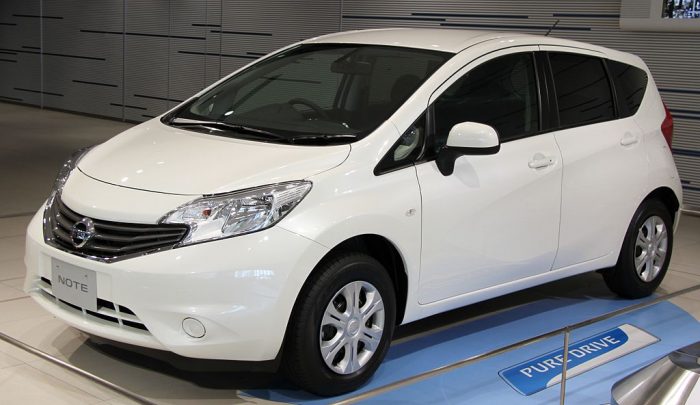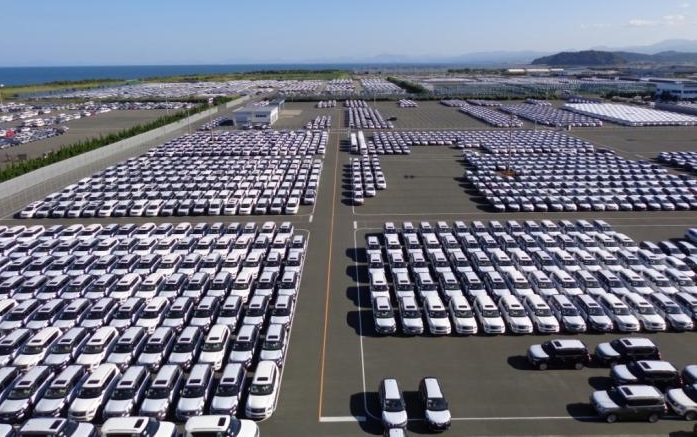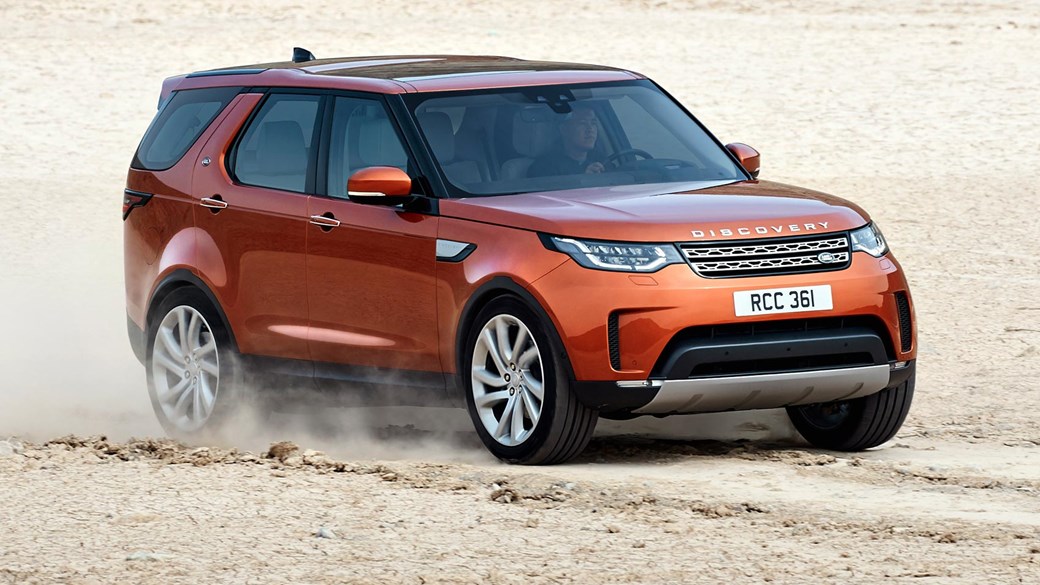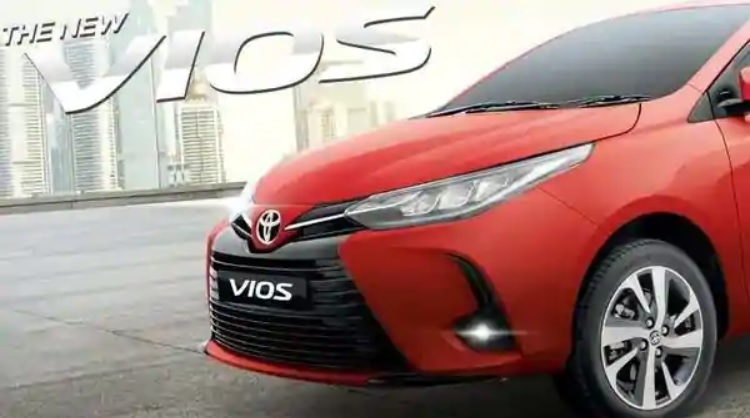Now Reading: New Nissan models in major markets to be electrified by early 2030s
-
01
New Nissan models in major markets to be electrified by early 2030s
New Nissan models in major markets to be electrified by early 2030s
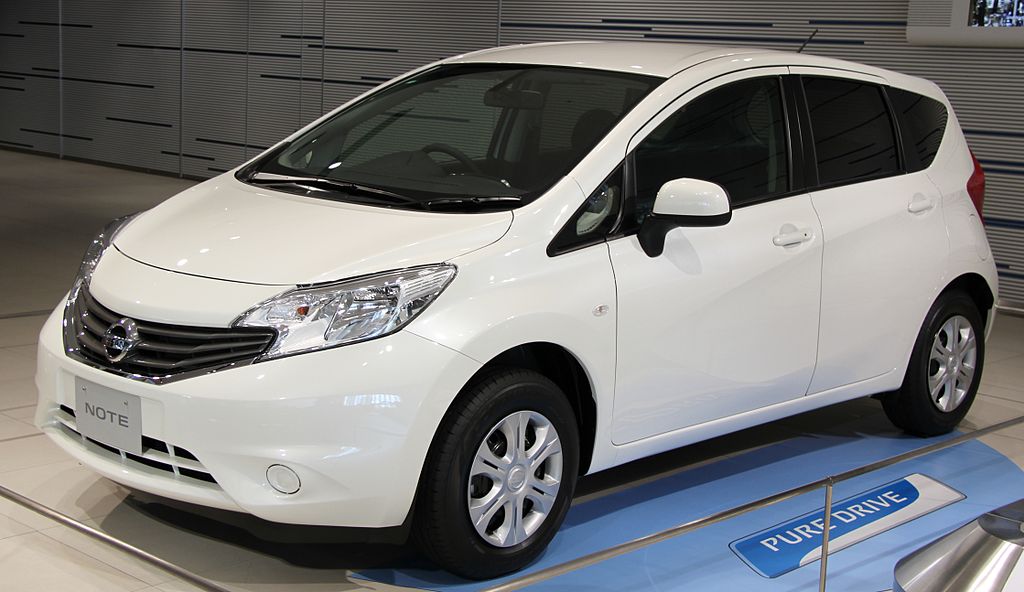
Nissan Motor said on Wednesday all its “new vehicle offerings” in major markets would be electrified by the early 2030s, as part of the automaker’s on-going to achieve carbon neutrality by 2050.
The automaker, which plans to cover markets in Japan, China, the United States and Europe, said it will carry out battery innovations, including as solid-state batteries, for electric vehicles (EVs) and further develop its e-POWER hybrid technology for gaining greater energy efficiency.
“We’re determined to help create a carbon-neutral society and accelerate the global effort against climate change,” said Nissan CEO Makoto Uchida.
Nissan’s plans come as worldwide automakers are pivoting from diesel vehicles to electric and hybrid models, while Japan intends to eliminate sales of new gasoline-powered vehicles by the mid-2030s, transiting to EVs including hybrid vehicles and fuel cell vehicles.
Japan laid out a “green growth strategy” last year that includes a goal to replace new gasoline-powered vehicles with EVs by the mid-2030s to help achieve the 2050 carbon-neutral goal.
Japan, where renewable energy accounted for 18% of the country’s power mix in the year ended March 2020, is in the process to evaluate its energy policy.
Stay Informed With the Latest & Most Important News
Previous Post
Next Post
-
 01Polestar Boss Says It’s Time To Outrun BMW M And Mercedes-AMG
01Polestar Boss Says It’s Time To Outrun BMW M And Mercedes-AMG -
 02Spy Shots: 2027 Mitsubishi Pajero Spotted in Testing Ahead of Possible U.S. Return
02Spy Shots: 2027 Mitsubishi Pajero Spotted in Testing Ahead of Possible U.S. Return -
 032026 Toyota Hilux EV: A Powerful Truck with Silent Torque
032026 Toyota Hilux EV: A Powerful Truck with Silent Torque -
![2027 Mercedes-Benz S-Class Debuts with V8 Engine [Photo Gallery]](https://speedlux.com/wp-content/uploads/2026/01/2027-Mercedes-Benz-S-Class-33-155x125.jpg) 042027 Mercedes-Benz S-Class Debuts with V8 Engine [Photo Gallery]
042027 Mercedes-Benz S-Class Debuts with V8 Engine [Photo Gallery] -
 052026 Corvette ZR1 Production Surges Past Expectations as Output Clears 1,000 Units
052026 Corvette ZR1 Production Surges Past Expectations as Output Clears 1,000 Units -
 06Spy Photos: VW ID. Polo GTI Goes Electric with 223 HP and 280 Miles of Range
06Spy Photos: VW ID. Polo GTI Goes Electric with 223 HP and 280 Miles of Range -
 07The Controversial Ford Voodoo V8 That Was Killed Off Too Early
07The Controversial Ford Voodoo V8 That Was Killed Off Too Early



![2027 Mercedes-Benz S-Class Debuts with V8 Engine [Photo Gallery]](https://speedlux.com/wp-content/uploads/2026/01/2027-Mercedes-Benz-S-Class-33-700x394.jpg)




































